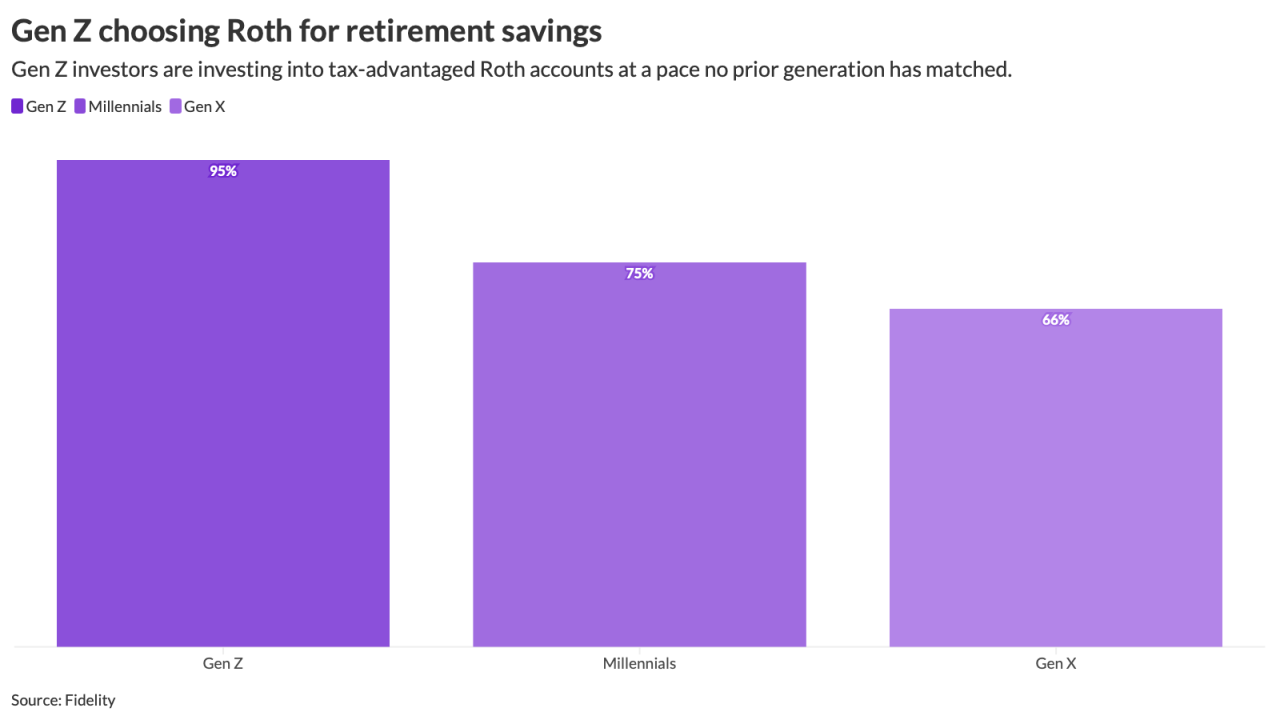While many employers have invested in
The Pregnant Workers Fairness Act, or PWFA, has been finalized and goes into effect today,
An employer can only deny accommodations if they can prove it causes them "undue hardship." But companies should avoid that excuse if at all possible and instead do their best to work with their employee towards a solution, underlines Melissa Losch, a labor and employment attorney at McGlinchey Stafford.
Read more:
"The [PWFA] goes a little bit beyond what people initially thought of pregnancy accommodations, so employers need to be careful with that," says Losch. "Communication between employer and employee will be key to finding a practical solution and avoiding legal problems."
Losch notes that landing on the right accommodations should come from what the PWFA refers to as an "interactive process" — an employer and employee discuss and identify reasonable accommodations and, hopefully in doing so, avoid refusing an employee on the basis of "undue hardship."
Read more:
"When employers say no to anything, they need to go through that interactive process and try to find an accommodation that's feasible for everyone," says Losch. "If they're not sure if something might be an undue burden, then they need to work with their legal counsel, because what might be a burden to the employer is not a burden under the law."
Losch stresses that unlike the Americans with Disabilities Act (ADA), the PWFA has broader definitions for who is owed accommodations and how far those accommodations should go. For example, the ADA requires some form of documentation to prove one's disability, while under the PWFA, documentation is not needed; the ADA does not require employers to temporarily suspend a job function, while the PWFA does. Losch warns employers that if they treat the PWFA like the ADA, they will get themselves in trouble.
Read more:
Ultimately, the finalized version of the PWFA adds stakes to a conversation employers are already having about how they support their working parents. If employers are working towards creating a better workplace for their pregnant employees, then the PWFA will likely not turn into a compliance nightmare, says Losch.
"What's important is to keep an open line of communication with employees," she says. "If you know an employee is wanting something, be open to it. That's going to be key to reaching a resolution without any kind of legal action, which is what we all want."






